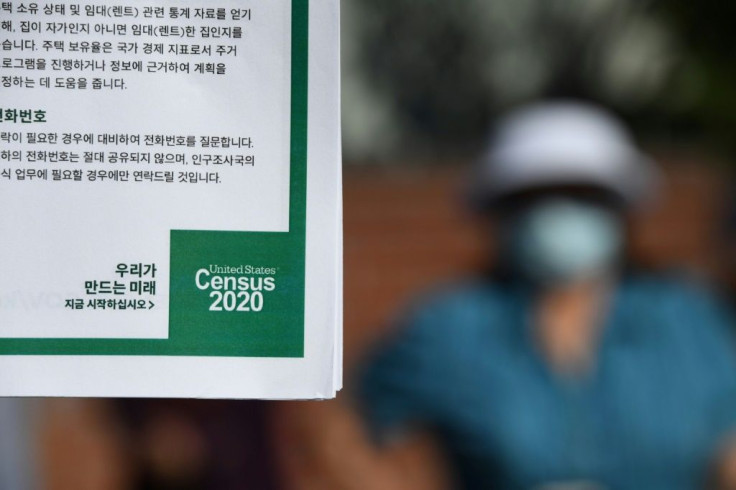US Population Identifying As 'White' Drops For First Time
The number of US residents who identify as "white" has fallen for the first time, according to the latest 2020 census data released Thursday.
The United States has grown "more racially and ethnically diverse" and more urban over the past 10 years, according to the Census Bureau.
The "white" population decreased by 8.6 percent between 2010 and 2020, a first since the earliest such data was taken in 1790.
It remains the largest group in the country, last year representing 204 million residents, or 61.6 percent of the population. A decade earlier people identifying as white comprised 72.4 percent.
Nicholas Jones, an official working in the bureau's population division, said that "improvements" on census questionnaires along with a new methodology compared to the 2010 report had "largely" influenced the results, along with "some demographic changes."
The category "white and some other race" -- African- or Asian-Americans, for example -- spiked 316 percent over the past decade to account for 235 million people.
In the United States it is common to define oneself according to ethnic origins, and the census questionnaire specifically asks for "race" identification.
African Americans represent some 12.4 percent of the population (41 million people), a percentage that remained stable over the past 10 years.

The Asian-American population meanwhile jumped 35.5 percent to include 20 million people (six percent of the US population).
Native Americans comprise 1.1 percent of the population.
The number of people identifying as Hispanic -- specified as an ethnicity, not a race, on the questionnaire -- soared 23 percent, accounting for 62 million US residents, or 18 percent of the total population.
The data additionally shows that population jumps were concentrated "almost entirely in metro areas" said Mark Perry, also of the Census Bureau.
Census results are essential to determining the distribution of electoral representation across all 50 US states, along with the allocation of billions of dollars in federal funding, especially for schools and hospitals.
The political impact of the census can be a game-changer; it's used to determine how many seats in Congress' House of Representatives each state receives.
Census workers aim to count every person inhabiting the country's expanse, including homeless people, retirement home residents and undocumented immigrants.
The vast undertaking is always a challenge but last year also was hamstrung by the pandemic along with controversial management by former president Donald Trump.
© Copyright AFP 2024. All rights reserved.





















